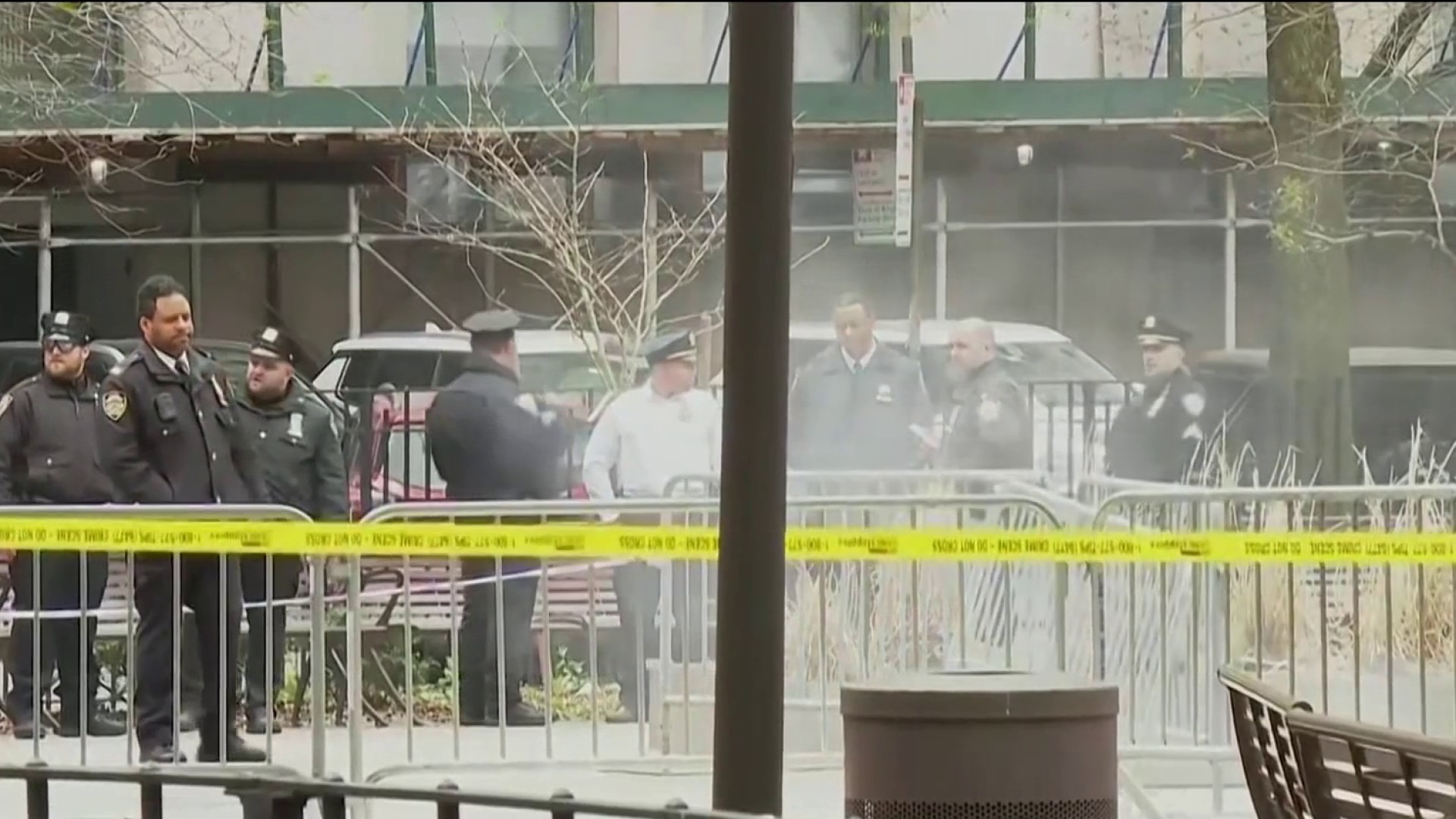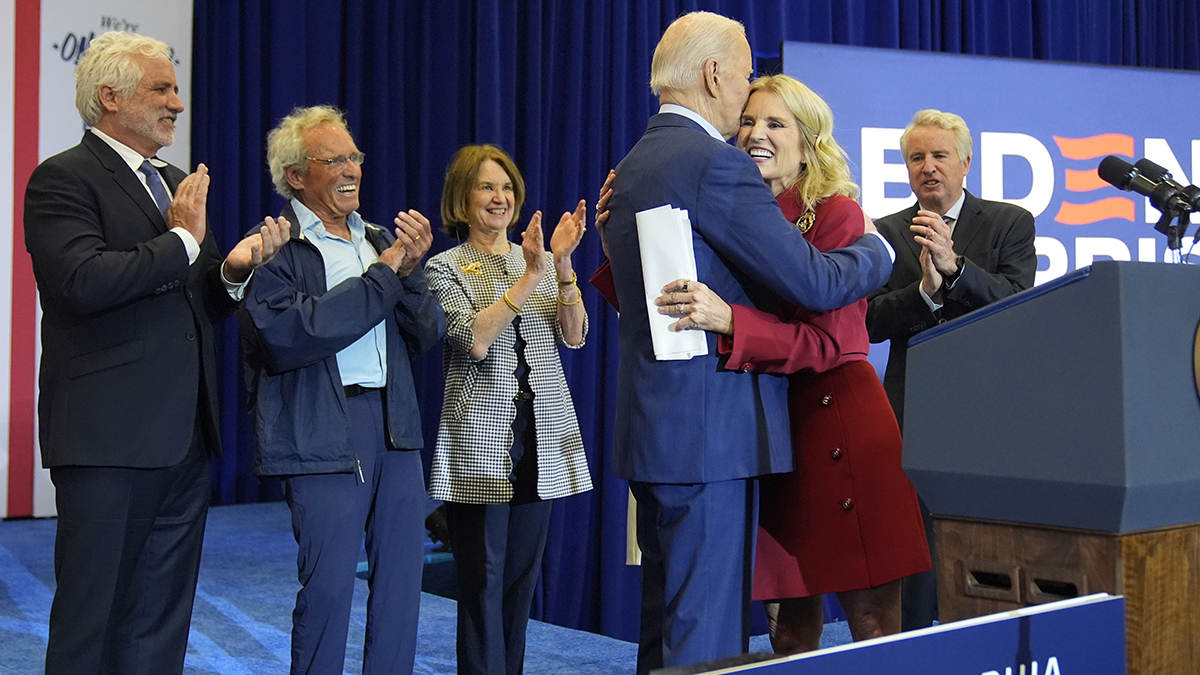The shrinking budget, a political stalemate over it, a recession and high unemployment rates make this a tough time to be a governor. When things are tough, voters take things out on you.
Take for example, Gov. M. Jodi Rell. She’s taking a popularity beating and is less loved now than she ever has ever been before.
Of course, you have to put that in perspective. The Republican leader has been pretty popular since taking the state’s highest seat, so 65 percent approval counts as a dreaded all-time low, according to the premier pollsters at Quinnipiac University.
"Gov. Jodi Rell's honeymoon with Connecticut voters just won't end, despite a recession and a budget stalemate," Quinnipiac University Poll Director Douglas Schwartz, said. "She has defied political gravity for five years by almost always topping 70 percent in job approval, and enjoying high marks not only among Republicans and Independents but Democrats as well.”
If Rell is feeling sorry for herself, she can take some comfort from knowing that she’s better liked than the governors of New York, New Jersey, Pennsylvania and Ohio. (Those states are also dealing with similar fiscal fiascoes.)
Rell’s dip has increased since May, when her approval rate was 73 percent, and a lot has happened since to make voters uneasy.
Take the problem of no budget, an issue that 88 percent of voters say is a “very serious” or “somewhat serious” problem. Rell’s been keeping the state going through executive order.
Politics
But not everyone blames Rell, only 16 percent do. Twenty-nine percent blame the Democrats, 14 percent blame Republicans and 26 percent blame everyone.
"If Rell is down a step or two, the Democrats are tumbling down the stairs," Schwartz said. "Approval of the Democratically controlled State Legislature is below 40 percent and more blame the Democrats than Rell for the late budget."
When voters were asked what the worst thing Rell has done as governor, 23 percent said handling of the budget, budget cuts or taxes and 43 percent said they were not sure.
The poll also took a look at what voters are willing to do to help quell the problems, including cut services.
Most people, 60 percent, said they’d rather lose services than pay higher taxes. Well, unless you make more than $265,000 per year, then voters are all for a tax boost.



